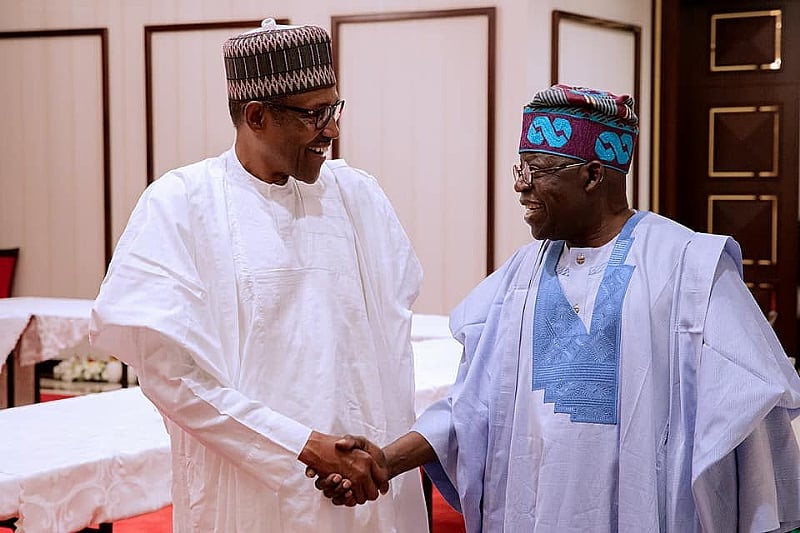The Passing of a Leader: Muhammadu Buhari’s Legacy and Impact on Nigeria
Nigeria mourns the loss of its former president, Muhammadu Buhari, who passed away at the age of 82 while undergoing medical treatment in London. Buhari’s death marks the end of an era, as he played a significant role in shaping Nigeria’s political landscape, both as a military leader and a democratically elected president. His passing has elicited a wave of tributes and reflections on his complex legacy, characterized by both achievements and shortcomings.
Buhari’s presidency, spanning from 2015 to 2023, coincided with a turbulent period in Nigeria’s history. The nation grappled with economic instability, widespread insecurity, and deep-seated corruption. He assumed office amid high expectations, promising to tackle these challenges head-on. His administration implemented various policies and initiatives aimed at revitalizing the economy, combating corruption, and restoring peace and security. While some lauded his efforts and resolve, others criticized his approach and the perceived slow pace of progress.
A key focus of Buhari’s administration was infrastructure development. Recognizing the crucial role of infrastructure in driving economic growth and improving the lives of ordinary Nigerians, he prioritized investments in transportation, power, and other critical sectors. Major projects were undertaken across the country, including the construction of roads, railways, and power plants. These initiatives aimed to enhance connectivity, facilitate trade, and create employment opportunities. However, some critics argue that the implementation of these projects was not always efficient or transparent, and that the benefits did not always reach the intended beneficiaries.
Another significant aspect of Buhari’s legacy is his focus on social intervention programs. Recognizing the plight of vulnerable populations, his administration implemented various schemes to alleviate poverty, improve healthcare access, and empower marginalized communities. These programs included cash transfer initiatives, school feeding programs, and skill acquisition programs. Supporters point to these initiatives as evidence of Buhari’s commitment to social justice and improving the well-being of ordinary Nigerians. However, critics argue that these programs were not always effectively implemented or adequately funded, and that their impact was limited.
Buhari’s leadership style was often described as austere and disciplined. He projected an image of integrity and incorruptibility, which resonated with many Nigerians who were weary of corruption and mismanagement. His anti-corruption drive yielded some notable successes, with several high-profile individuals facing prosecution. However, critics argue that the fight against corruption was selective and politically motivated, and that it did not address the systemic nature of the problem.
Buhari’s passing has sparked a national conversation about his legacy and his impact on Nigeria. While some view him as a transformative leader who brought much-needed stability and progress, others criticize his policies and their perceived shortcomings. His tenure was undoubtedly marked by both successes and failures, and his legacy will continue to be debated for years to come. As Nigeria navigates its future, it will be essential to draw lessons from Buhari’s presidency, both positive and negative, to build a more prosperous and equitable nation for all its citizens. The current administration, under President Bola Ahmed Tinubu, has ordered all national flags flown at half-mast as a mark of respect for the former president. The nation now looks ahead, grappling with the challenges that remain and striving to fulfill the aspirations of its people.


